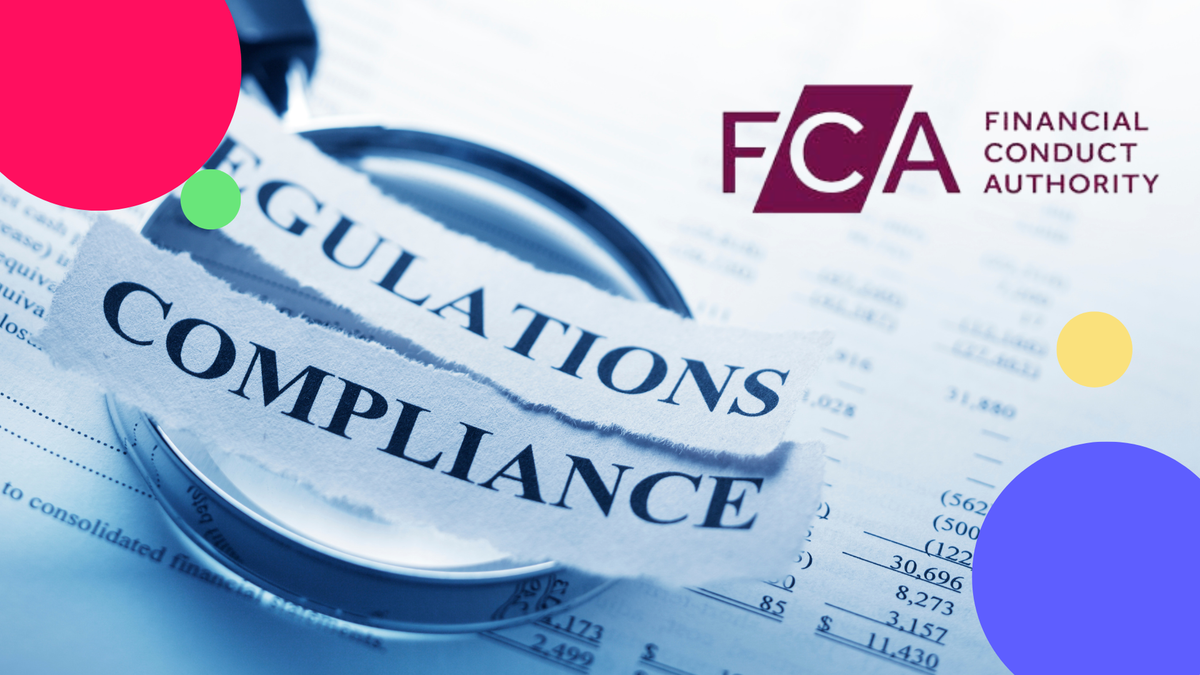A complete guide to the FCA: Powers, problems and future
By Boring Money
21 Feb, 2025
The Financial Conduct Authority has been in the news recently as the subject of a damning assessment from the All-Party Parliamentary Group on Investment Fraud and Fairer Financial Services. The FCA is also facing risks as the government looks to crack down on regulatory overreach in pursuit of growth. We thought it would be a good time to look at the FCA, what it does, and why it has run into trouble.

What is the FCA?
The Financial Conduct Authority (FCA) is the top regulator for the UK financial services industry. It is tasked with protecting consumers, maintaining financial stability, and promoting healthy competition between financial services companies. It is independent of the government and financed by a levy on members of the financial services industry – banks, fund managers, insurance companies, etc. It regulates around 58,000 businesses that employ 2.2 million people.
What does it cover?
The FCA monitors retail financial institutions and their conduct, alongside aiming to promote healthy competition. It also has the responsibility of protecting consumers from fraud and scams. It also covers financial marketing, so companies don’t tell consumers that an investment is going to go to the moon on little evidence. Money laundering also falls within its remit.
In general, the FCA will cover retail banking products, such as loans, current accounts, and mortgages, plus credit cards and investments. It will also cover insurance and savings, plus niche areas such as funeral plans.
What can it do?
For each area, it has relatively wide powers to investigate and prosecute companies of wrongdoing. It can ban financial products for up to a year while under investigation and then ban them permanently thereafter. It can instruct firms to retract or modify promotions if they are misleading. It can also freeze the assets of anyone under investigation.
What does it not cover?
Importantly, at the moment, the FCA does not cover areas such as cryptocurrencies, gold or buy-to-let mortgages. That said, more recently, the FCA has issued guidance on the marketing of cryptoassets, saying that promotions must be “clear, fair and not misleading”.
What has it been up to recently?
The world of financial services is ever-evolving and the FCA has had to respond to multiple new innovations and threats in recent years. For example, it has been working to curb the effect of 'finfluencers' on social media, which were encouraging people to buy bad financial products.
It has also been working on the listing rules for the stock market. The current listing rules were complex and had started to be seen as a major deterrent for companies wanting to list on the UK stock market. The new, simplified rules came into effect on 29 July 2024.
It has also stepped up its financial crime prevention. Since April 2023, the regulator has charged 21 people with financial crime offences, the highest annual figure in its history. It has frozen more than £21m in assets for individuals under investigation.
Why has it been controversial?
A group of MPs came together to scrutinise the work of the regulator – the All-Party Parliamentary Group on Investment Fraud and Fairer Financial Services. Their assessment of the regulator’s work was withering. It found that it had been financially wasteful, in thrall to its middle management, but also to the interests of large financial institutions.
It pointed out that some of the largest financial scandals had been within FCA-authorised firms, where the regulator hadn’t done sufficient due diligence. Those included mini-bond firm London Capital & Finance, the Neil Woodford collapse, and the British Steel pension fund scandal. Andrew Bailey, the current head of the Bank of England, came in for particular criticism, with respondents accusing him of being slow to act.
The report concluded that the FCA might need its own ‘watchdog’. Worse, if it can’t put its house in order, it needs a full redesign.[1]
What’s next?
The government is committed to deregulation to help facilitate its growth agenda and the FCA is in its sights. In response, the FCA has said it will remove unnecessary regulations and relax some of the rules that may be acting as barriers to economic growth.
In a recent letter to the government, it said:
We want to collaborate with you in a fundamentally different way to support the growth mission. To achieve the deep reforms necessary, your acceptance that we will take greater risks and rigorously prioritise resources is crucial.
It highlighted its work to reform wholesale markets, plus easing retail access to corporate bonds. It pointed out that it had simplified product information and streamlined regulatory requirements for the asset management sector.
We are already working to remove unnecessary regulation and reduce how much data some firms must provide, and planned in 2025 - We will now go further.[2]
Whether it will be enough to convince parliamentarians to keep the FCA in its current form is open to debate.
---
[1] Morningstar, December 2024
[2] FCA, January 2025



